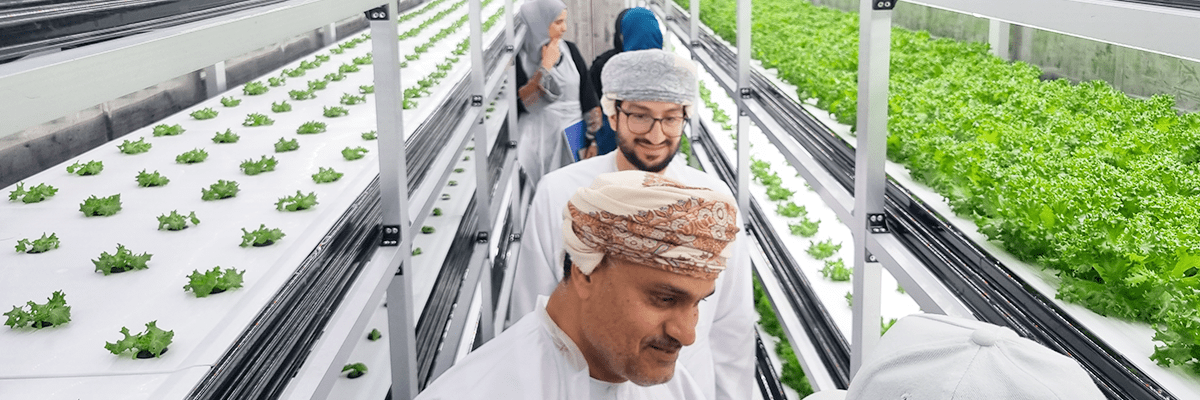Now Korea Steps Into the Vertical Farm’s History
In the previous article, we examined the early half of the history of vertical farming. Moving beyond an era when smart farm facilities failed to garner much attention in the agricultural market due to technological limitations, this article will explore the modern history of future agriculture and vertical farming, focusing on its growth rate and the differences in development between domestic and international markets.
After the commercialization-oriented development of vertical farms began in the early 2000s, the industry saw significant growth in the United States, Japan, and Europe throughout the 2010s. Notably, starting in 2014, various types of fully indoor plant factories and vertical farms rapidly increased. Some facilities even leveraged the exceptional multi-layer utilization of leafy green cultivation to supply up to 5,000 heads of lettuce per day, enhancing the profitability of indoor farming technologies. In the modern era, familiar advancements such as artificial intelligence (AI) and the Internet of Things (IoT) have been integrated into plant factories, leading to the digitalization of crop cultivation and the formalization of the term ‘smart farm’.

Despite South Korea’s noticeably later start in modern agriculture compared to other mentioned nations, by 2025, the country has leveraged its exceptional scientific and technological advancements to foster the growth of specialized vertical farming enterprises. Leading the industry is Nongshim Farm, a subsidiary of the globally recognized Korean company Nongshim, which has successfully exported vertical farming technologies abroad, demonstrating its competitive edge. The government is also actively supporting the development of vertical farming technologies, continuously funding related research while adjusting policies and regulations to allow vertical farms to be established in open fields within the country.
One of the most notable achievements in Korea’s vertical farming industry is Nongshim’s success. In July 2024, Nongshim was selected as the leading company of the NSIP consortium, overseen by the Korea Agricultural Technology Institute, to carry out a digital greenhouse project in Saudi Arabia, where open-field cultivation is challenging due to the climate. Given that Nongshim had already successfully exported a vertical farming system to Oman in 2018, the company is poised to further expand Korea’s smart farming technologies globally. Moving forward, continued industrialization and research into vertical farming by Korea and other smart farming agribusiness enterprises worldwide is expected to accelerate.
Korea Institute of Planning and Evaluation for Technology in Food, Agriculture and Forestry, 「Domestic and International Trends and Development Directions of Vertical Farms」, 『2024-02, Industry, Technology, and Policy Trend Report』
